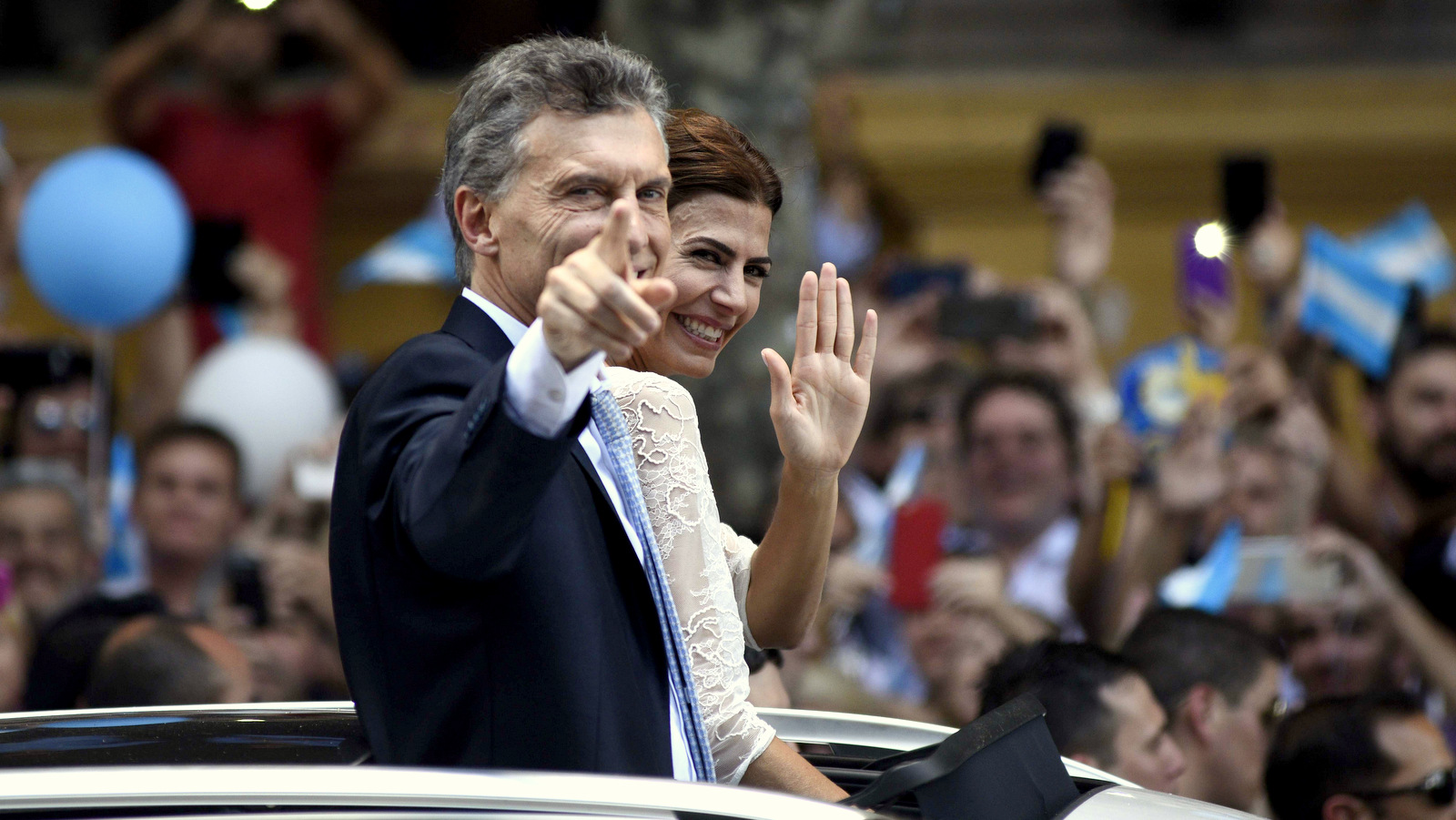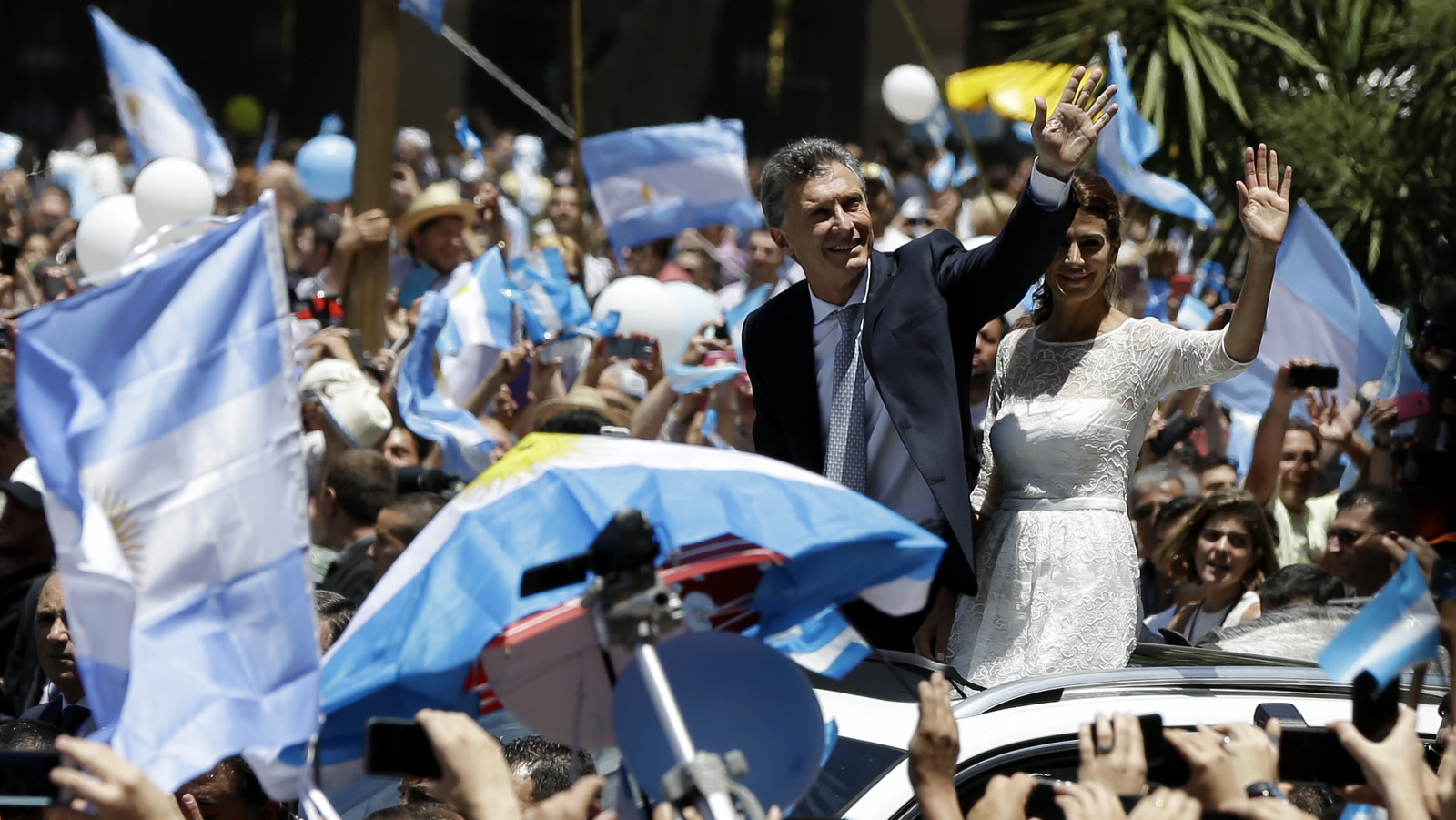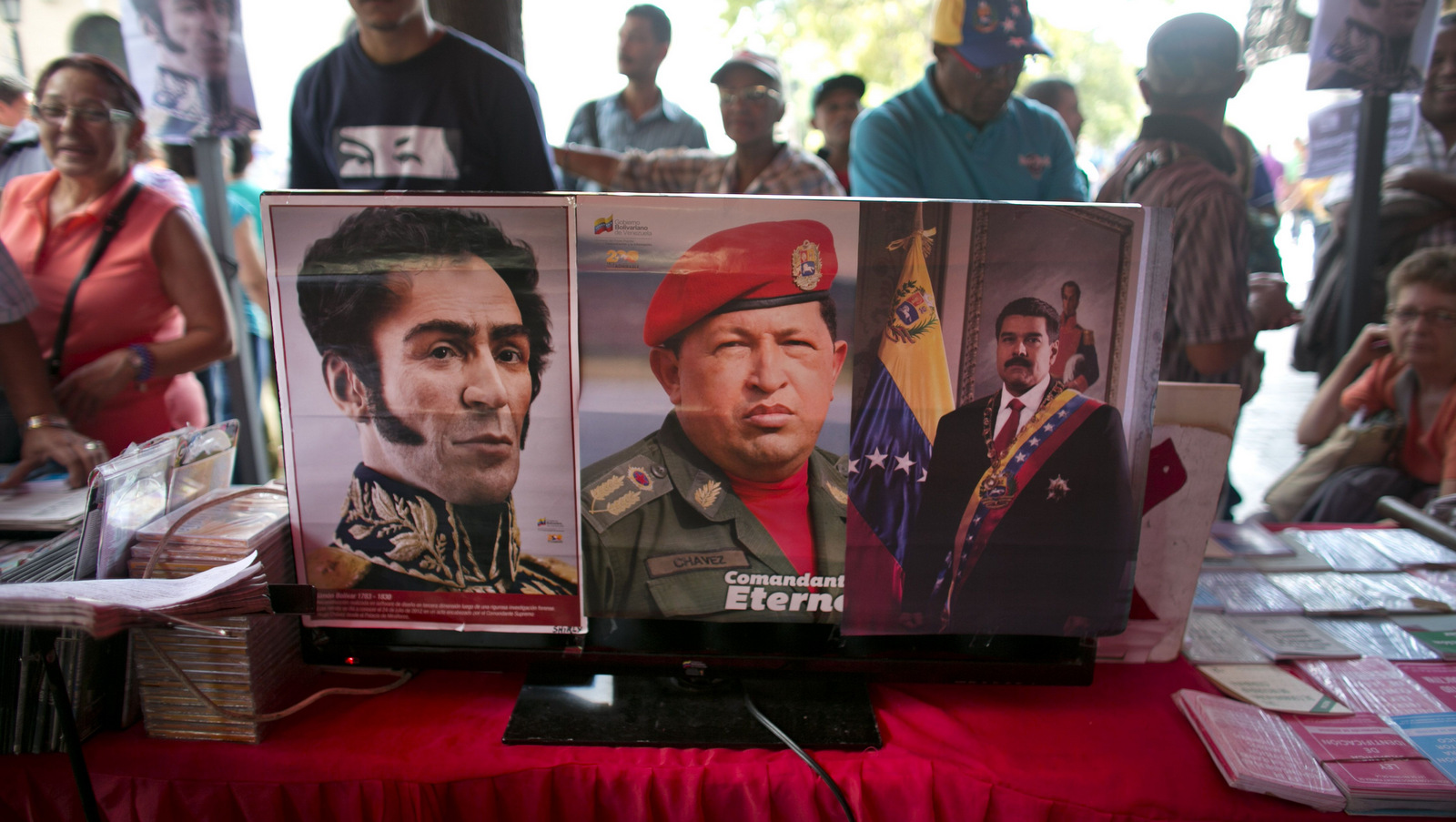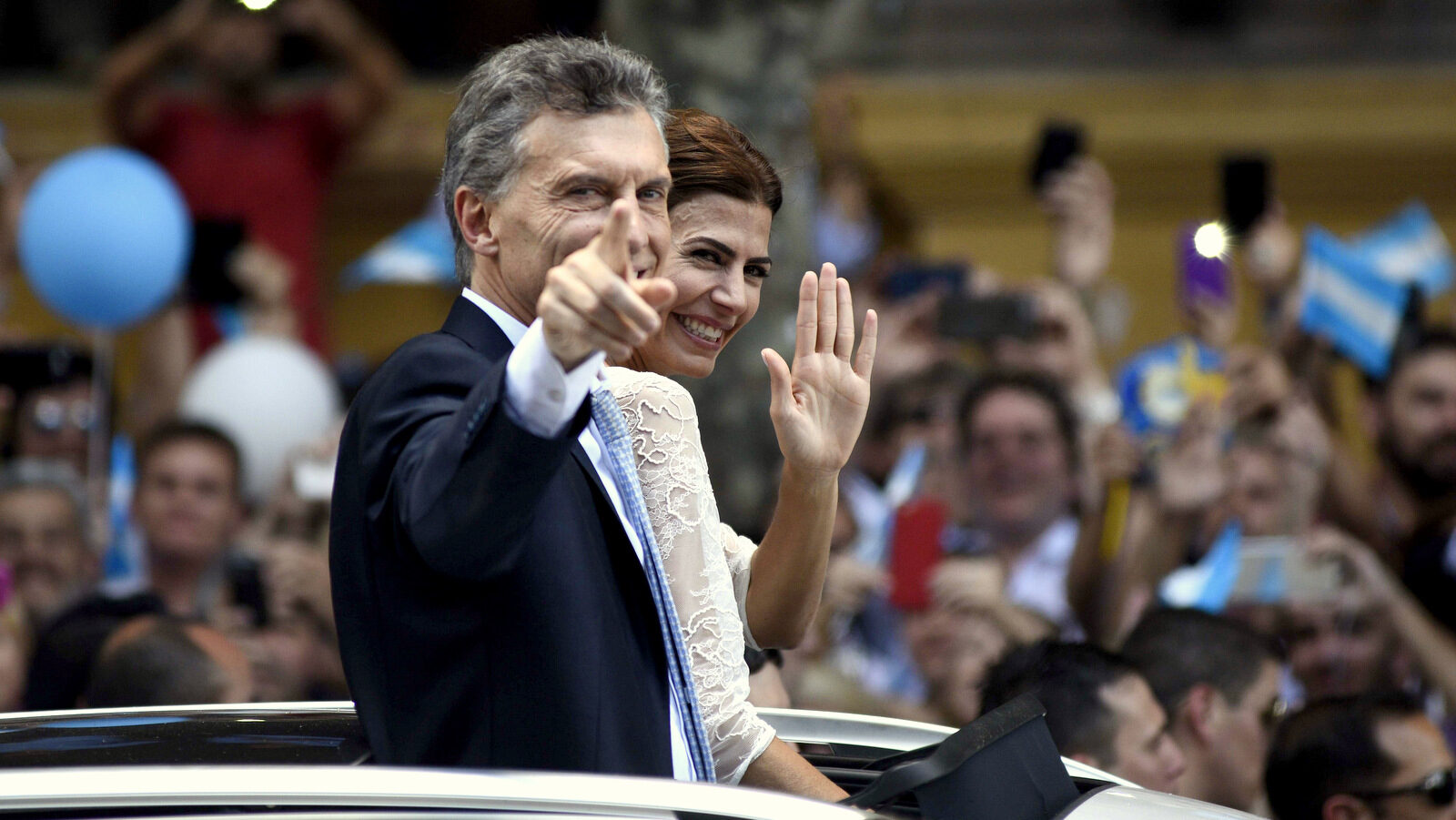
BUENOS AIRES, Argentina — The recent right-wing triumphs in Argentina and Venezuela are being touted as a pivotal moment in South American politics, with the longstanding balance of power shifting away from the left and toward the right.
In the 1970s, when a socialist fever was spreading across South America, especially after Salvador Allende’s triumph in Chile, the United States was concentrating on devious paths to destabilize the change that had been achieved through democratic elections. The neoliberal experiment that commenced in Chile on Sept. 11, 1973 later expanded in the region via Plan Condór, through which the U.S. sought to prop up dictatorships in the Southern Cone.
The Macri family business, the Macri Society or Socma, expanded its wealth during Argentina’s dictatorship era. According to a TeleSUR report, the family business grew significantly throughout the late 1970s and 1980s by providing services to the regime, including waste management and postal services.
And last month, a narrow victory went to Mauricio Macri, a right-wing presidential contender. With the backing of his party, he was part of the minority opposition to a bill proposed by former President Cristina Fernandez earlier this year that sought to investigate dictatorship crimes and those complicit in them.
After election results were announced, Jackie Fox, a psychological counselor, who was quoted in The Guardian, stated: “This is the end of corruption. We have someone who doesn’t need to become richer than he already is.” Yet a Nov. 23 analysis from TeleSUR warned:
“The election of Mauricio Macri in Argentina’s presidential race comes as a welcome victory to the country’s business elite and right-wing parties across Latin America, but the president-elect has some dubious ties that could signal a lasting legacy in the new head of state of darker times in Argentina.”
Indeed, recent elections in Venezuela have demonstrated a similarly chilled socialist fever which once gripped the region — a fever which democratic elections had kept in power until just recently. And, alarmingly, it’s opening the door wider to U.S. and corporate interference.
Does Macri mark Argentina’s return to a neoliberal agenda?

Despite earlier indications that left-wing candidate and former Vice President Daniel Scioli would likely emerge victorious, right-wing contender Mauricio Macri was propelled to a 3-point victory in November, spelling the end of the leftist era ushered in by Néstor Kirchner in 2003 and continued through his wife, Cristina Fernández.
Argentina’s former Minister of Economy Domingo Cavallo, whose policies some claim were responsible for the country’s financial collapse in 2001 and its ensuing default, clearly spelled out the terms upon which Macri’s political success would hinge, stating that his rule “might also help to put a definite end to the ‘Bolivarian Alliance for the Peoples of our America’ that has caused such a great damage to the peoples that adhered to it.”
Following the election, Macri declared his intentions to align the country’s foreign policy with that of the U.S., while shunning Venezuela and Iran, saying, “We need to be in the world.”
However, as Jonathan Watt sand Uki Goñi noted in The Guardian last month, Macri’s “small margin of victory could hamper his ability to push through political changes, particularly because Macri does not have a majority in either house of congress,” particularly as the former president continues to enjoy popularity among populist “Peronists, union members and supporters in congress.”
Despite any perceived hurdles he may have to jump in his return to a neoliberal agenda that is likely to dominate his presidency, Macri has already declared his intention to expand the role of corporate media by scrapping the Media Law put into place under the Fernandez administration. Macri argues that it inhibits free-market competition, but, according to TeleSUR, critics maintain that an end to the Media Law “and its limitations on the size of media conglomerates is a direct assault on a democratic commitment to a diversity of voices in the media and will be a death sentence for alternative opinions in the media.”
In his first comments following the announcement of election results, Macri stated that building relations with other countries in Latin America was a priority, adding that he would raise the issue of Venezuela’s alleged human rights abuses at Mercosur, the regional free trade association. During the final presidential debate, Macri had, in fact, threatened to seek to expel Venezuela from the trading bloc.
Once the right-wing victory in Venezuela was ascertained, though, Macri did not feel compelled to pursue Venezuela’s expulsion any further. Indeed, given the close electoral triumphs and Macri’s apparent intentions to boost Argentina-U.S. relations, the shift of power away from Venezuela’s socialist bloc is none other than an added victory for Macri, who is being hailed as the commencement of change in the continent.
For his part, Scioli had warned that “Macri wants to leave us to the luck of the market,” and accused him of making “a pact with the IMF and vulture funds.”
Although the rhetoric can be perceived as part of the pre-election diatribe, the accusation is reminiscent of right-wing tactics in Venezuela, where prominent individuals have discussed the concept of foreign intervention through the International Monetary Fund as part of the plans to oust Venezuelan President Nicolas Maduro.
Maduro: ‘A counterrevolution has won’

In Venezuela, the Democratic Unity Roundtable, the coalition opposition group, made significant gains in this month’s legislative elections. It won 99 out of 167 seats in the National Assembly elections, shifting the balance of power away from the country’s socialist base for the first time in nearly two decades.
In the wake of election results, President Nicolas Maduro reiterated that the destabilization tactics of the U.S.-backed right wing had managed to influence public opinion enough to sway votes away from the socialist principles of the Bolivarian Revolution, the socialist movement of his predecessor and mentor, Hugo Chavez.
In the aftermath of the defeat, Maduro’s rhetoric shifted from acceptance of the outcome of the election — though he continued to reiterate that economic sabotage such as deprivation of basic household staples, played a crucial role in the result — to calls for strengthening the grassroots movement in the country.
After calling upon Venezuelans to “recognize in peace these results and re-evaluate many political aspects of the revolution,” Maduro embarked upon an offensive, vowing to protect workers’ rights and announcing “the creation of a new law to protect workers’ stability for the next three years.”
The announcement was made as the Venezuelan opposition had already started threatening an overhaul of existing legislation that protects workers’ rights — namely, the Organic Labor Law — in favor of ushering in a capitalist agenda. The 2012 Organic Labor Law sought to protect workers’ rights by proclaiming the need to “protect work as a social deed” and “recognizing workers as creators of socially produced wealth and as protagonists in education and work processes.” Cipriana Ramos, a leading opposition lawmaker and the head of one of the country’s largest business organizations, argued that the law “can’t exist to benefit workers.” With an overwhelming majority, the opposition can now begin work to repeal existing legislation that has safeguarded workers’ rights and shift power back to the Venezuelan oligarchy.
The opposition also declared that, should it win two-thirds of the National Assembly seats, it would seek to oust Maduro. Other threats voiced by the opposition are in direct retaliation against the Bolivarian Revolution, including threats to repeal the Law on Fair Costs and Prices, a price-setting law which ensures affordable and accessible commodities for the entire Venezuelan population.
In the wake of election results, Maduro insisted: “The opposition hasn’t won — a counterrevolution has won.”
TeleSUR has not been averse to criticizing government weaknesses in the aftermath of the elections. While acknowledging the role played by intentional disinformation, particularly through international media and social media, Maduro’s inability to deal resiliently with the economic sabotage affecting the working class has been cited as another factor contributing to the defeat.
While the opposition revels in its newfound grasp on power, it will also face an uphill battle as it attempts to convince its voters of an independent strategy away from the U.S. After violent incitement backed by the U.S., as well as the support garnered from European countries which attempted to portray Maduro’s government as infringing upon human rights — in February 2014 the European Parliament passed a resolution urging Maduro to resign — the right-wing agenda in Venezuela is a clear return of the oligarchy with the intent of destroying the socialist structure.
The methods used to sabotage Venezuela today may differ slightly from those of the past, notably Chile and the ensuing Plan Condor. However, it is clear that the U.S. has, through various means, attempted to destroy Venezuela, in particular by targeting its strongest structures, such as the accessibility of goods and services to accommodate basic needs and, on a higher level, Venezuela’s oil.
According to U.S. State Department spokesman John Kirby, the election results “reinforce for us the importance of continuing to have dialogue with Venezuela, and to continue to try to get this relationship on a better path.”
Dialogue with the U.S. is a mere euphemism for collaborative interference. In November, TeleSUR and the Intercept revealed that since 2010, the U.S. National Security Agency spied on Petroleos de Venezuela, a state-owned oil and natural gas company, obtaining data which would in turn provide an opening through which to spy on the company’s officials. U.S. President Barack Obama authorized the operation in 2010, and it was carried out by the CIA and NSA, operating directly from the premises of the U.S. Embassy in Caracas.
This revelation should not be viewed as an isolated incident but within the context of coups against Venezuela’s Bolivarian Revolution since 2002, when Chavez was briefly ousted and the designated U.S. and IMF-backed Pedro Carmona took over for two days.
After Chavez’s death, destabilization and coup attempts intensified — with the latest in February 2015 — following a series of oppressive international measures such as U.S. sanctions on Venezuelan leaders for alleged human rights violations.


